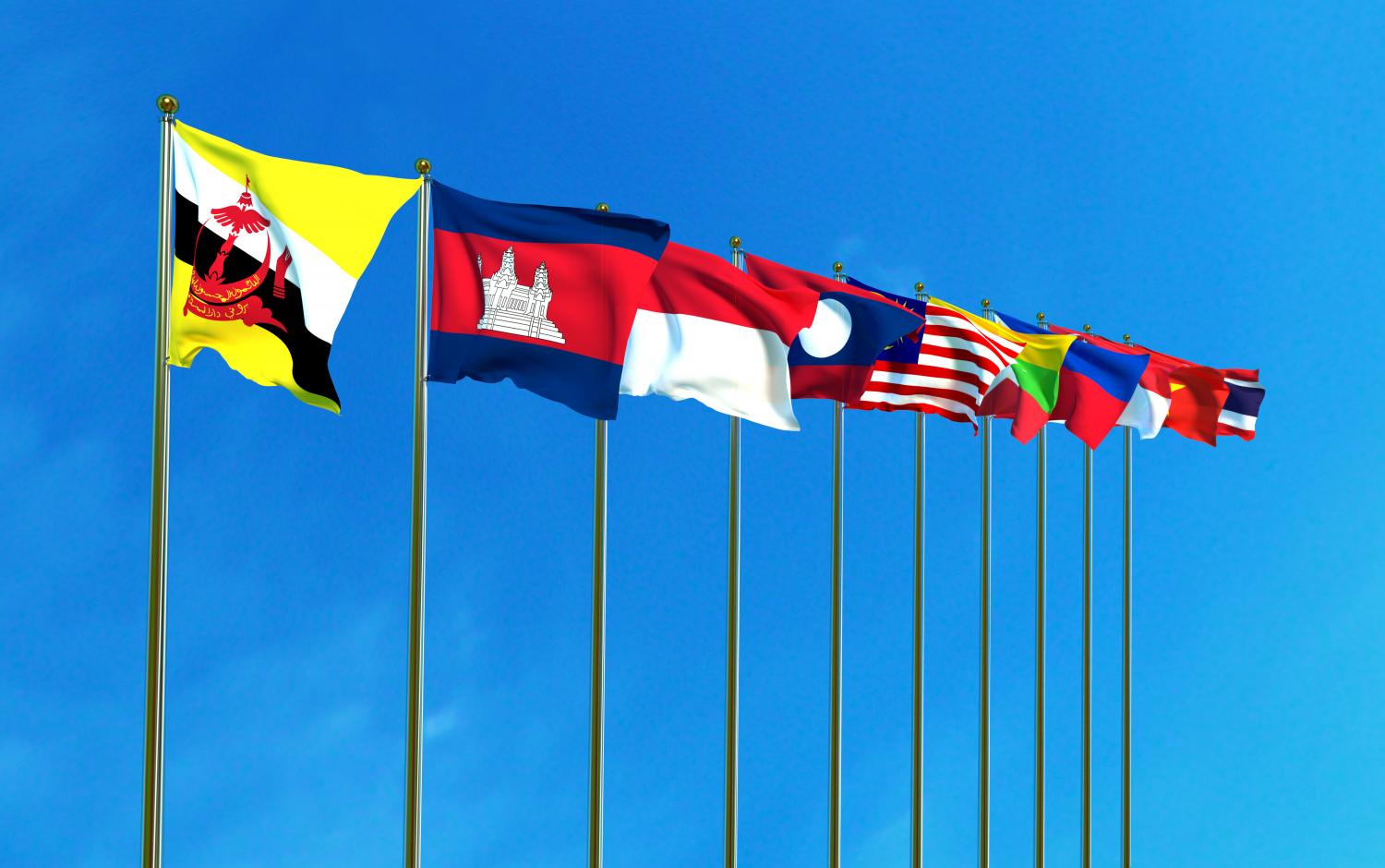
The United Kingdom has maintained strong and warm ties with Asean ever since the regional bloc was formed in 1967. This longstanding economic partnership has allowed bilateral trade in goods and services to reach approximately £42 billion today.
In light of the huge impact the coronavirus pandemic has had on the world, the UK and Asean have agreed on the importance of economic cooperation and unity to mitigate the economic consequences of the pandemic.
Britain is now seeking to become one of Asean's trusted dialogue partners, which will allow its representatives to appear at Asean ministerial meetings and summits. Its participation would further enhance economic and social collaboration.
In an online meeting held on Sept 30, Cambodian Foreign Affairs Minister Prak Sokhonn said that Cambodia strongly supports Britain's application to be a dialogue partner with Asean.
Cambodian Prime Minister Hun Sen expressed hope that dialogue-partner status would also make the UK a stronger diplomatic partner of Cambodia, with an improvement in trade and cooperation.
The UK looks to collaborate more deeply with Asean on environmental, digitisation and trade issues.
A recognised international leader in the area of climate change, the UK has pledged to have zero net carbon emissions by 2050.
Owen Jenkins, the UK ambassador to Indonesia, noted earlier this year that since 1990, the UK had reduced its carbon emissions by more than 40%.
Currently, the UK is helping to ensure green financing and efficient energy through the £12-million international Green Recovery Challenge Fund. It is also backing the Asean Low Carbon Energy Programme with £15 million from the UK Prosperity Fund.
During the UK-Asean Economic Dialogue 2020 held in August 2020, participants not only reaffirmed trade and economic collaboration but also environmental cooperation.
The two sides seek to ensure sustainable and green growth, with sustainable infrastructure, efficient energy and low-carbon, green financing.
Improvements in green and sustainable financing, as well as climate risk management, were also pledged at the fifth UK-Singapore Financial Dialogue in July.
Participants also stressed the importance of financial institutions being able to transmit and store financial data easily and across different countries. The Singapore-UK Fintech Bridge aims to improve cooperation in financial technology innovation.
The UK looks to forge closer partnerships in digitisation as well. In June, it established the Asia Pacific Digital Trade Network and pledged £8 million to boost digital trade, investment and partnerships in Southeast Asia.
The UK is Singapore's fourth biggest trading partner in Europe, with S$18 billion worth of bilateral trade in 2019.
Post-Brexit, the UK seeks to be a global free trade hub, lowering costs for consumers and businesses.
As the sixth largest economy worldwide, the UK is looking to reposition itself as "Global Britain" to bolster trade internationally and expand into new markets.
As part of this new focus, it hopes to sign free trade agreements (FTAs) with Asean and individual Asean countries, among them Vietnam, the Philippines and Indonesia.
Vietnamese Foreign Minister Pham Binh Minh and British Foreign Secretary Dominic Raab, in a phone conversation in July, agreed there should be more economic collaboration between the two nations, starting with the Vietnam-UK FTA.
During the second UK-Philippines Economic Dialogue in August, both nations pledged to increase investments and trade with one another as they prepare to mark 75 years of relations next year.
Richard Graham, the UK trade envoy to the Philippines, has expressed hope that the Philippines-UK FTA will be signed soon. London also hopes for closer cooperation and ties in several other areas such as innovation, health and finance.
Indonesia and the UK, meanwhile, hope to conduct a joint trade review by the end of the year. The aim is to identify areas where there are opportunities for further economic cooperation and improvement in volume of bilateral trade and investment.
In 2019, bilateral trade was worth US$2.4 billion, according to Statistics Indonesia.
The UK has increased embassy staff in Indonesia by approximately 40% and opened several offices outside Jakarta, reflecting how much it values relations with Asean's largest economy.
In Malaysia, the UK's second biggest trading partner in Asean, a joint committee on bilateral trade and investment cooperation is looking to reduce barriers and enhance opportunities.
The British High Commissioner to Malaysia, Charles Hay, believes both parties can further collaborate in education and technology as well.
In 2019, he noted, there were more than 19,000 Malaysian students studying at British universities. Software engineering firms from the UK are also seeking Malaysian talents as the Malaysian workforce is well educated and highly skilled.
Given the rise of the region's economies and middle class, it is no surprise that the UK is increasingly prioritising and engaging with Asean in its Asia Pacific foreign policy. Both parties can benefit largely by cooperating in environmental, digitisation and trade aspects.
Ong Bo Yang has written for Asean newspapers including The Straits Times and TodayOnline in Singapore, The Star and New Straits Times in Malaysia and VnExpress in Vietnam.